Festivals in Kelash
Chilimjusht Or Joshi Kalash Festival:
Celebrated at the end of May each year in all the Kafir Kalash Valleys of Chitral which is linked by air and by road with Peshawar. The first day of Joshi is "Milk Day", on which the Kalash offer libations of milk that have been saved for ten days prior to the festival Marked with singing, dancing & feasting. Kafirs are the decendents of Alexander's army who came into this region in 327 B.C. Ever since, these people have never stepped out of these valleys & still leading primitive life based on matriarchal society. Their odd rituals, strange habits & queer customs attract & bewitch tourists from all over the world.
Phool Kalash Festival:
Another colorful Kafir Kalash Festival celebrating reaping of grapes and walnuts in all the three Kalash Valleys of Chitral in mid of September. Kafirs are the descendents of Alexander's army who came into this region in 327 B.C. Ever since, these people have never stepped out of these valleys & still leading primitive life based on matriarchal society. Their odd rituals, strange habits & queer customs attract and bewitch tourists from all over the world.
Chawmos Kalash Festival:
The most important Kalash festival is the Chawmos (cawmos, ghona chawmos yat, Khowar "chitrimas" from *caturmasya, CDIAL 4742), which is celebrated for two weeks at winter solstice (c. Dec. 7-22), at the beginning of the month chawmos mastruk. It marks the end of the year's fieldwork and harvest. It involves much music, dancing, and the sacrifice of many goats. It is dedicated to the god Balimain who is believed to visit from the mythical homeland of the Kalash, Tsyam (Tsiyam, tsíam), for the duration of the feast. Food sacrifices are offered at the clans' Jeshtak shrines, dedicated to the ancestors.
At Chaumos, impure and uninitiated persons are not admitted; they must be purified by a waving a fire brand over women and children and by a special fire ritual for men, involving a shaman waving juniper brands over the men. The 'old rules' of the gods (Devalog, dewalok) are no longer in force, as is typical for year-end and carnival-like rituals. The main Chaumos ritual takes place at a Tok tree, a place called Indra's place, "indrunkot", or "indréyin". Indrunkot is sometimes believed to belong to Balumain's brother, In(dr), lord of cattle. Ancestors, impersonated by young boys (onjesta 'pure') are worshipped and offered bread; they hold on to each other and form a chain (cf. the Vedic anvarambha?a) and snake through the village.
The men must be divided into two parties: the pure ones have to sing the well-honored songs of the past, but the impure sing wild, passionate, and obscene songs, with an altogether different rhythm. This is accompanied by a 'sex change': men dress as women, women as men (Balumain also is partly seen as female and can change between both forms at will).
This includes the Festival of the Budulak (the 'shepherd king'). In this festival, a strong prepubescent boy is sent up into the mountains to live with the goats for the summer. He is supposed to get fat and strong from the goat milk. When the festival comes he is allowed for a 24-hour period only to have sexual intercourse with any woman he wants, including even the wife of another man, or a young virgin. Any child born of this 24-hour period is considered to be blessed. The Kalash claim to have abolished this practice in recent years due to negative worldwide publicity.
Utchal Kalash Festival:
Kalash harvest festival with singing, dancing & feasting. Celebrated in all the three Kafir Kalash Valleys of Chitral. Kafirs are the decendents of Alexander's army who came into this region in 327 B.C. Ever since, these people have never stepped out of these valleys & still leading primitive life based on matriarchal society. Their odd rituals, strange habits & queer customs attract and bewitch tourists from all over the world.

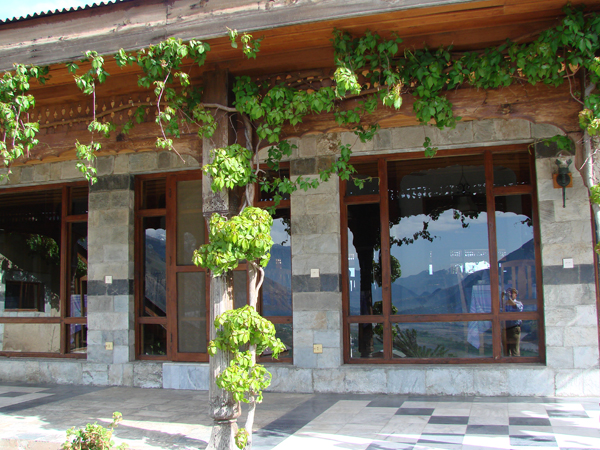

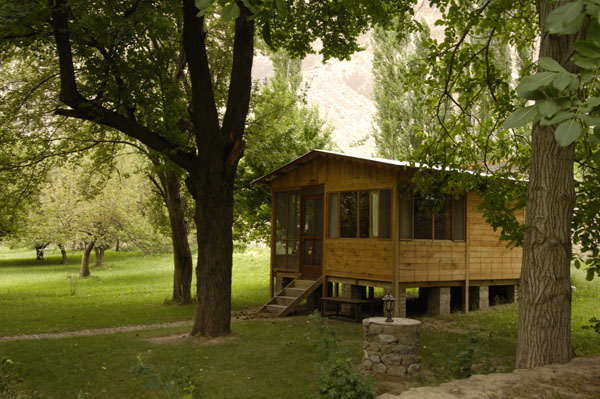
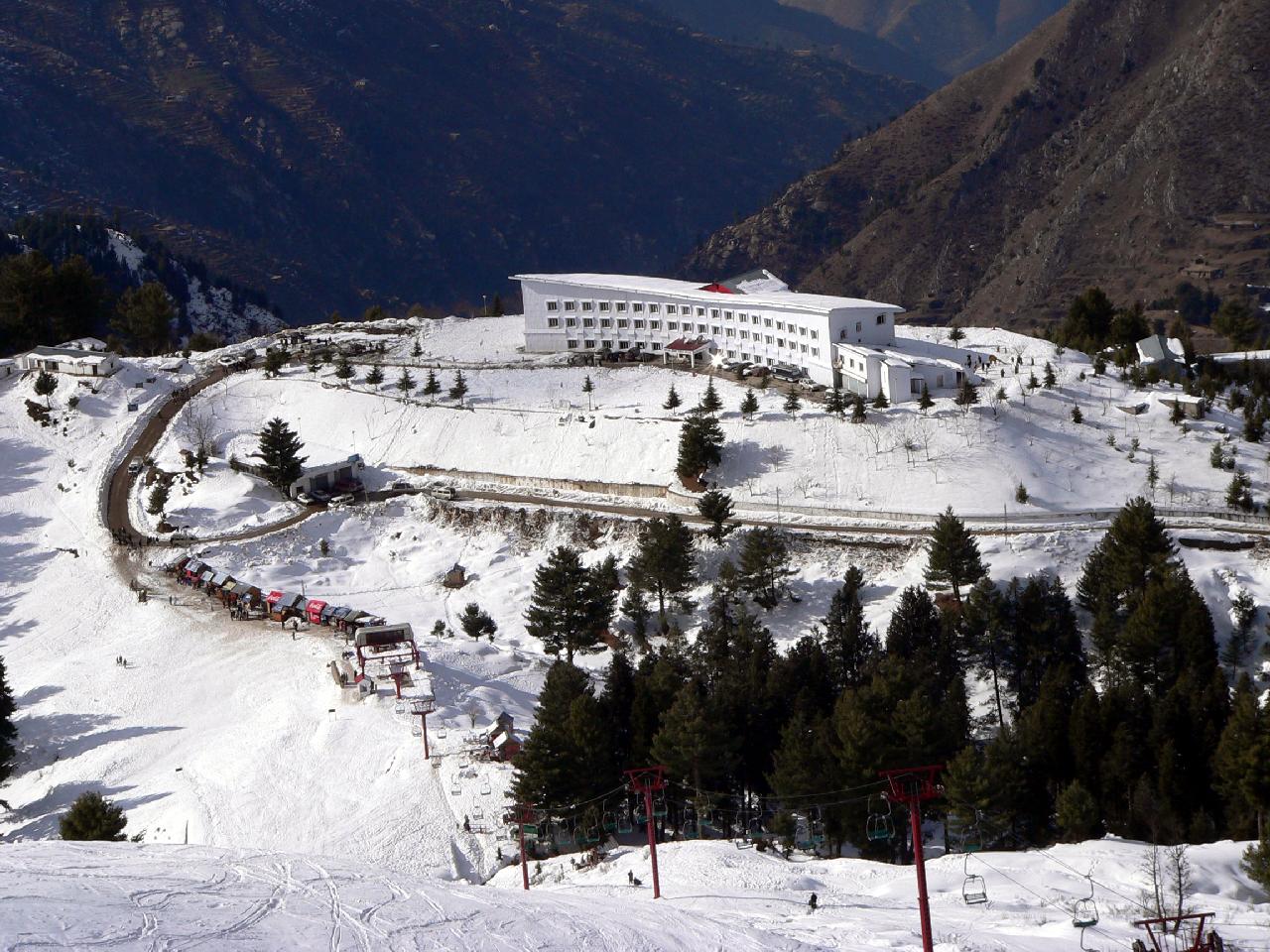
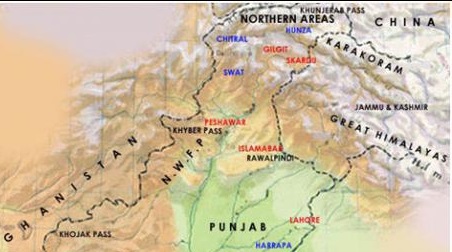
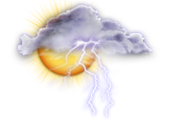 10 o C
10 o C
